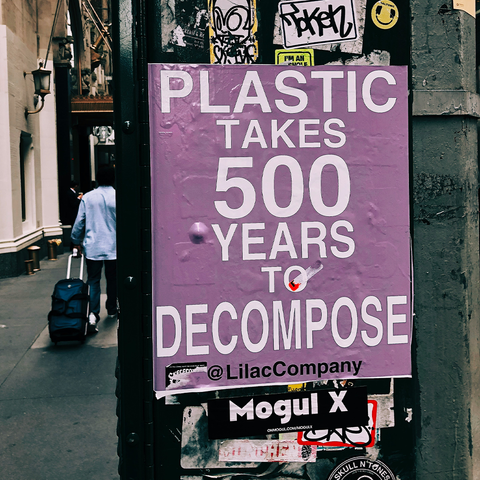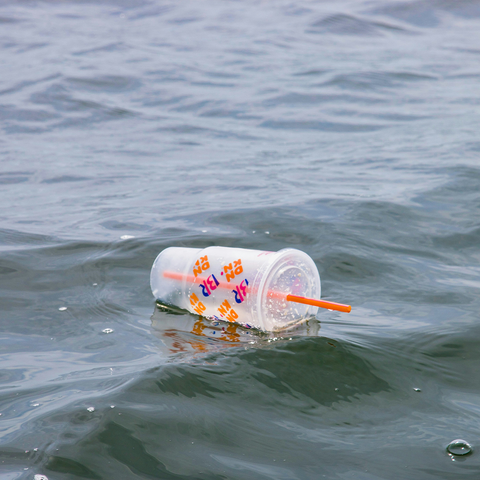Alright, gather round, eco-warriors! It's Earth Day and in light of this year's theme, we're gearing up to take on the ultimate showdown: Planet vs. Plastics. Picture it like a cosmic clash, with Mother Earth in the corner, and the nefarious plastic villain lurking in the shadows.

On average, Australians use 130kg of plastic per person each year. Less than 12% of that's recycled. 130,000 tonnes of plastic will find its way into our waterways and into the ocean. So yes, it’s going to take a lot of work, but if we each change our habits, more and more businesses with single-use items will start to get the message, and manufacturers will no longer have the demand to produce virgin plastic.
But fear not! We can vanquish this plastic plague with a few simple swaps. Ditch those plastic straws and bags faster than you can say "totes unnecessary," and opt for sustainable alternatives. If you are looking for some top tips, we’ve got a bunch of blog posts to help, from making your morning workout more eco, to the handiest plastic-free swaps when you’re not wfh and simple swaps you can make in the kitchen to make your every meal that bit sweeter.

We all know about keep cups, tote bags and bees wax wraps, but have you ever considered the plastic lurking in your wardrobe? Fast fashion and synthetic fabrics are the eco-villains of the clothing world, accounting for 5% of greenhouse emissions globally. Each year, the industry uses 342 million barrels of petroleum to produce plastic-based fibres such as polyester, nylon or acrylic. This equates to 1.35 per cent of the globe’s oil consumption. And with more than 60% of the world’s textiles being used for clothing, fast fashion has played a detrimental role in the impact of synthetic fabric on the environment. I said it was scary!
Look for products that use natural fibres or renewable resources like bamboo or recycled materials and avoid products that contain harmful chemicals, choosing certified organic wherever you can.
Here at NIDRA, we only use certified organic and fair trade peace silk and GOTS certified non-toxic dyes in our pillowcases and scrunchies. We are committed to not using hazardous substances in our products and ensure our products are safe, ethical and have a low impact on the environment. This includes our fabrics, our packaging and even our labels which are made from recycled materials. Wanna know something even cooler? To avoid the use of plastic, we use eco-elastic inside our scrunchies, which is made from GOTS certified cotton and natural rubber from FSC Forests. Yay, go us!

But in all seriousness, try spending some time supporting companies that prioritise sustainability and ethical practices. It may take a little more time, but by doing your research and choosing businesses with transparent supply chains who support sustainable initiatives, you're supporting a better planet for everyone. Transparency is key to accountability, and brands who really care about making a difference, won’t greenwash you with vague details and trending buzzwords.
So this Earth Day, let's pledge to make a difference. Whether it's supporting sustainable businesses, reducing our plastic consumption, or advocating for policy changes, every action counts. Together, we can build a plastic-free planet that future generations will thank us for. Happy Earth Day, everyone, let's make Mama Earth proud! 🌍✨

